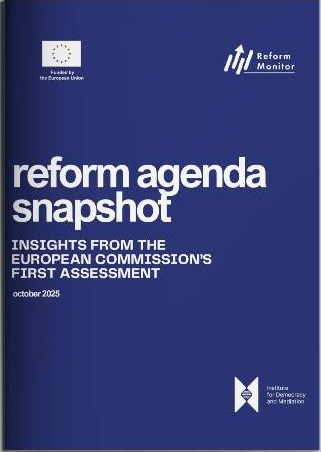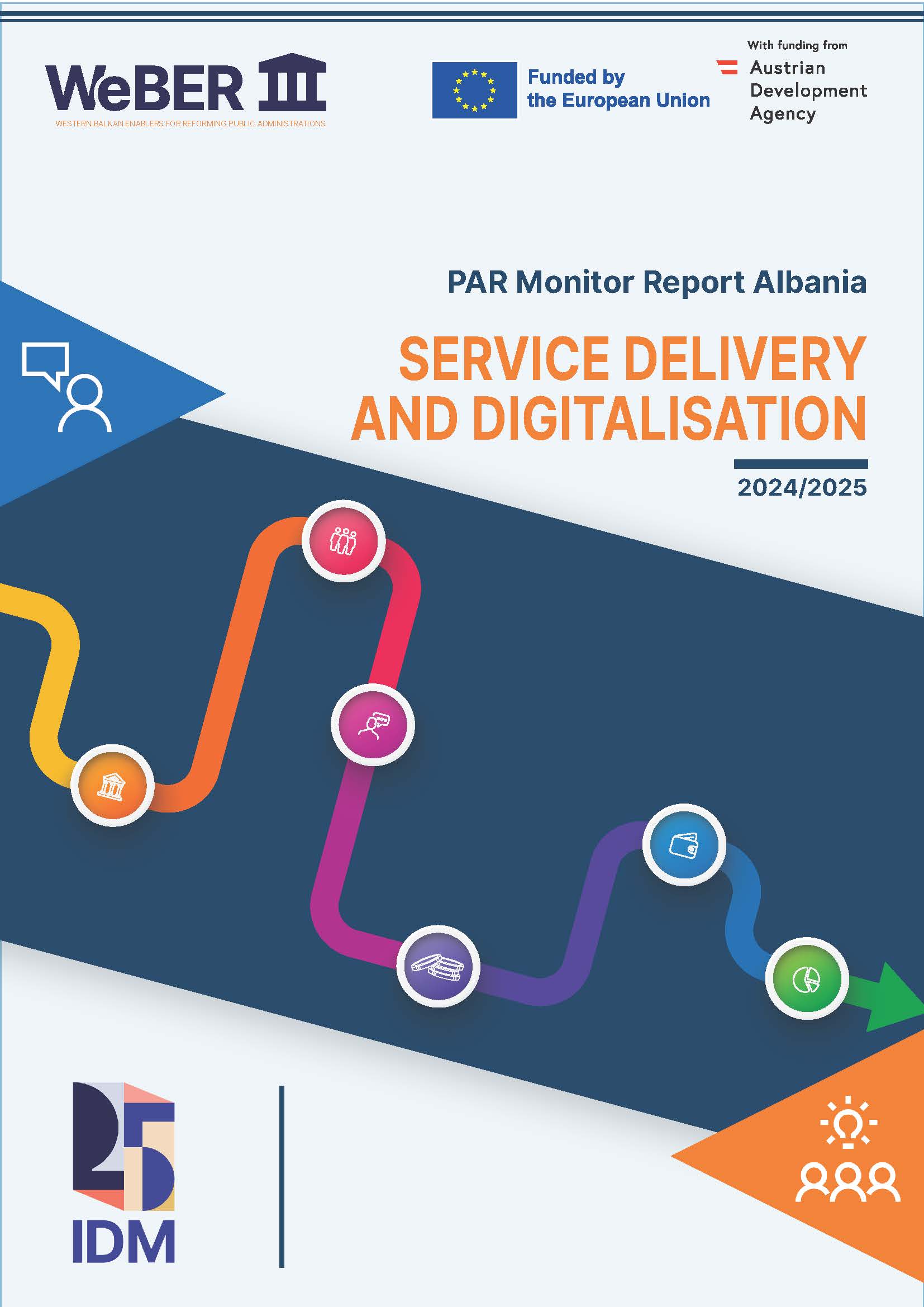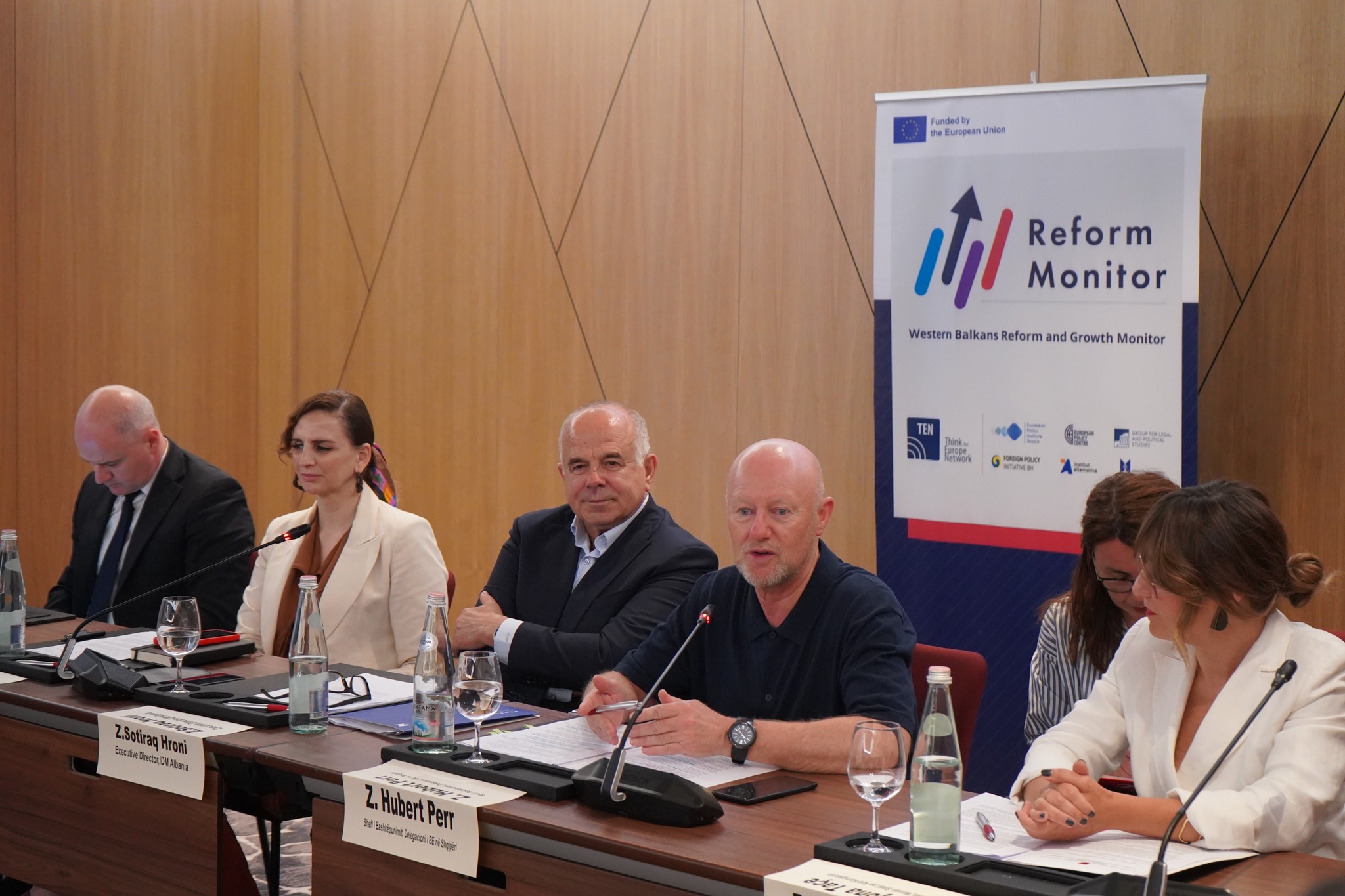Institute for Democracy and Mediation with the support of the Geneva Centre for the Democratic Control of Armed Forces, within the project: ‘Capacity building for the Albanian Parliament in the areas of security and defence’ organized on 12th of February 2013, at Hotel Rogner premises the Roundtable discussion on ‘Oversight of intelligence services: striking the right balance’.
Background of the event:
Despite the achievements of the security sector reform over the last two decades in Albania, the oversight of intelligence and security agencies by the parliament continues to be fragmented and ineffective. Part of the responsibility for this situation can be attributed to the lack of complete legislation to allow the parliament perform this task effectively, but the politicisation of the role of intelligence agencies, the domination of the political agenda by the executive and the polarised political culture are perhaps the reasons for such sluggish performance of the parliament, including the incapability to adopt adequate legislation. A draft law on intelligence oversight that was put forward by the National Security Committee with the assistance of the OSCE in 2010 has been suspended twice and has never reached the plenary for approval.
Against this setting, the aim of this event was to take advantage form the renewed political commitment of the new government for a more accountable and transparent governance and to discuss the possibility of putting forward the adoption of this law. The roundtable discussion brought together members of the Parliamentary Committee on National Security, representatives from the intelligence and security services, academics, civil society and media representatives.
Piro Lutaj, the Socialist Party MP and Secretary of the Committee on National Security pointed out that the parliament has missed the opportunity to effectively address the issue during the major intelligence reforms undertaken in 1991 and 1998 and highlighted that this issue need to be addressed as soon as possible. He highlighted the commitment of the ruling Socialist Party and the Socialist MPs to go on with the adoption of the law on intelligence oversight and to place ‘the upholding of democratic principles above the short-term political party interests’.
Ardian Turku, member of the Committee on National Security from the opposition Democratic Party acknowledged that democratic control of intelligence is generally ineffective and that the parliament is the weakest part of the chain. Turku welcomed the commitment of the ruling Socialist Party in support of the adoption of a law that would set out the terms of reference for the interaction between the parliament and the intelligence agencies. Another Democratic Party MP, Alban Zeneli, pointed out the necessity to establish a subcommittee on intelligence within the Committee on National Security to provide a more specialised and secure interaction with intelligence agencies and be a better approach to ensure the necessary balance between secrecy and oversight.
Representatives from the two largest intelligence services, the SHISH and the DIA, stressed their support for the adoption of the law and the establishment of effective parliamentary oversight mechanisms. They emphasized effective oversight will allow the intelligence services to be less exposed to political influence and would help bolster their public support.
The event was largely covered by the local media.
– http://news.albanianscreen.tv/pages/news_detail/75322/ALB
– http://www.panorama.com.al/2014/02/13/qeveria-ndryshime-ligjit-per-shiu-n/








